Life
Sign up for our newsletter
We summarize the week's scientific breakthroughs every Thursday.
-
 Health & Medicine
Health & MedicineA deadly fungus behind hospital outbreaks was found in nature for the first time
Learning where the fungus Candida auris thrives in nature could help reveal why this yeast is dangerous to humans.
-
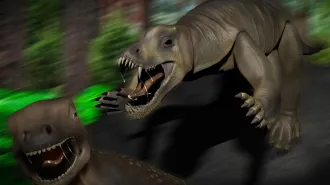 Paleontology
PaleontologyAn ancient hippo-sized reptile may have been surprisingly agile
The skull of an Anteosaurus, a hefty reptile with a large snout, hints that it may have moved fast for its day.
-
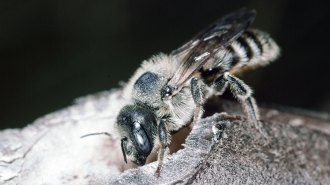 Animals
AnimalsBee larvae drum with their butts, which may confuse predatory wasps
Dual percussion instruments — one on the head, the other on the rear — give mason bee larvae a peculiar musical gift that may be a tool for survival.
By Jake Buehler -
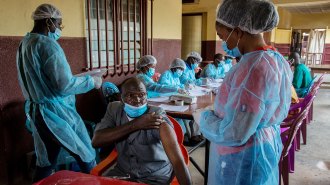 Health & Medicine
Health & MedicineThe latest Ebola outbreak may have started with someone infected years ago
Rather than stemming from a virus that jumped from an animal to a person, this outbreak might have originated from someone who had a dormant virus.
-
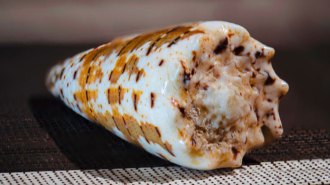 Animals
AnimalsCone snail venom may trick mate-seeking worms into becoming meals
Cone snail venom contains worm pheromone mimics, suggesting the chemicals may be used to lure worms during hunting.
-
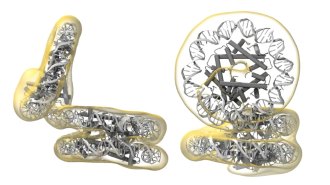 Microbes
MicrobesArchaea microbes fold, twist and contort their DNA in extreme ways
Single-celled archaea open and close their Slinky-like genetic material in a clamshell motion, possibly providing easy access to their genes.
-
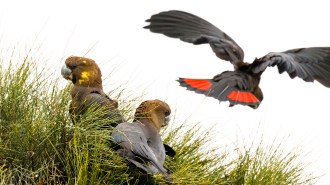 Animals
AnimalsA year after Australia’s wildfires, extinction threatens hundreds of species
As experts piece together a fuller picture of the scale of damage to wildlife, more than 500 species may need to be listed as endangered.
-
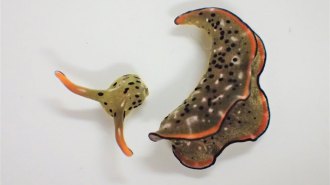 Animals
AnimalsA sea slug’s detached head can crawl around and grow a whole new body
Chopped-up planarians regrow whole bodies from bits and pieces. But a sea slug head can regrow fancier organs such as hearts.
By Susan Milius -
 Animals
AnimalsDelve into the history of the fight for Earth’s endangered creatures
The new book ‘Beloved Beasts’ chronicles past conservation efforts as a movement and a science, and explores how to keep striding forward.
-
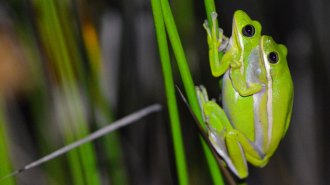 Animals
AnimalsFemale green tree frogs have noise-canceling lungs that help them hear mates
When inflated, female green tree frog lungs resonate in a way that reduces sensitivity to the sounds of other species.
-
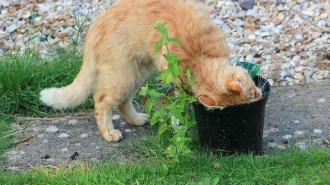 Neuroscience
NeuroscienceCatnip repels insects. Scientists may have finally found out how
The plant deters mosquitoes and fruit flies by triggering a chemical receptor that, in other animals, senses pain and itch.
-
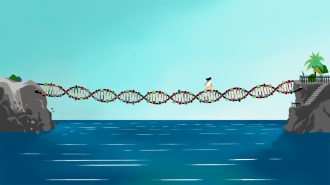 Genetics
GeneticsDNA databases are too white, so genetics doesn’t help everyone. How do we fix that?
A lack of diversity in genetic databases is making precision medicine ineffective for many people. One historian proposes a solution: construct reference genomes for individual populations.